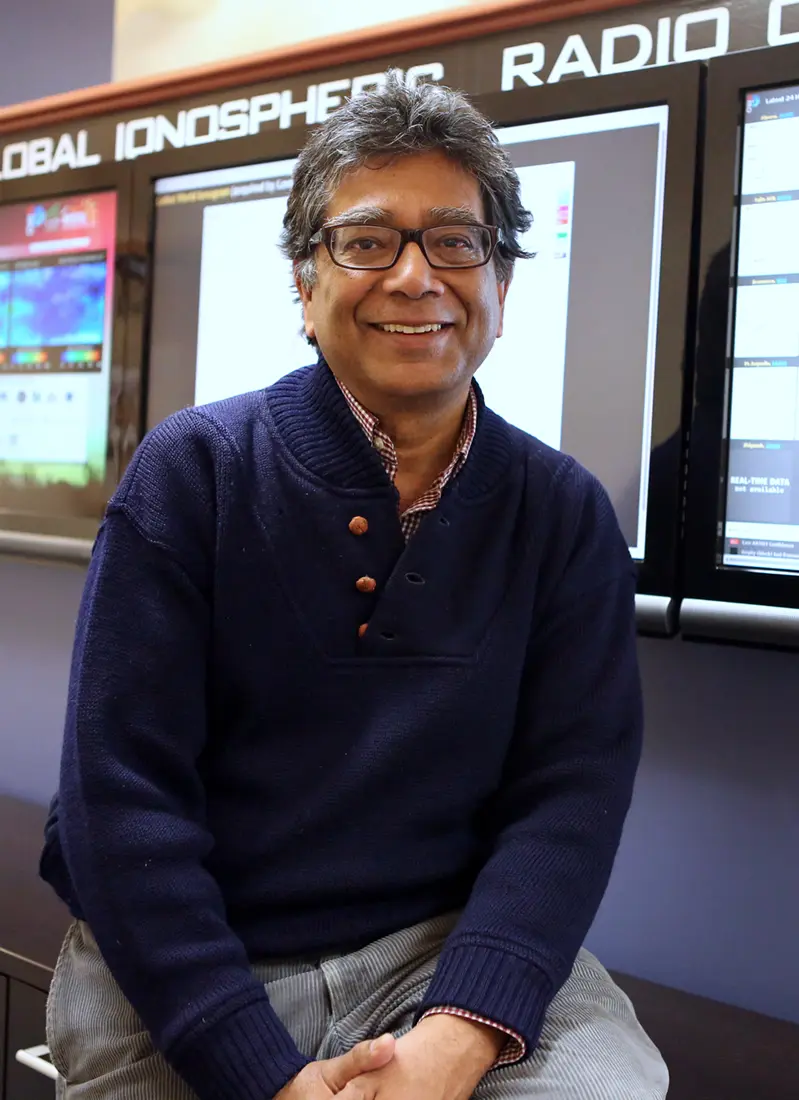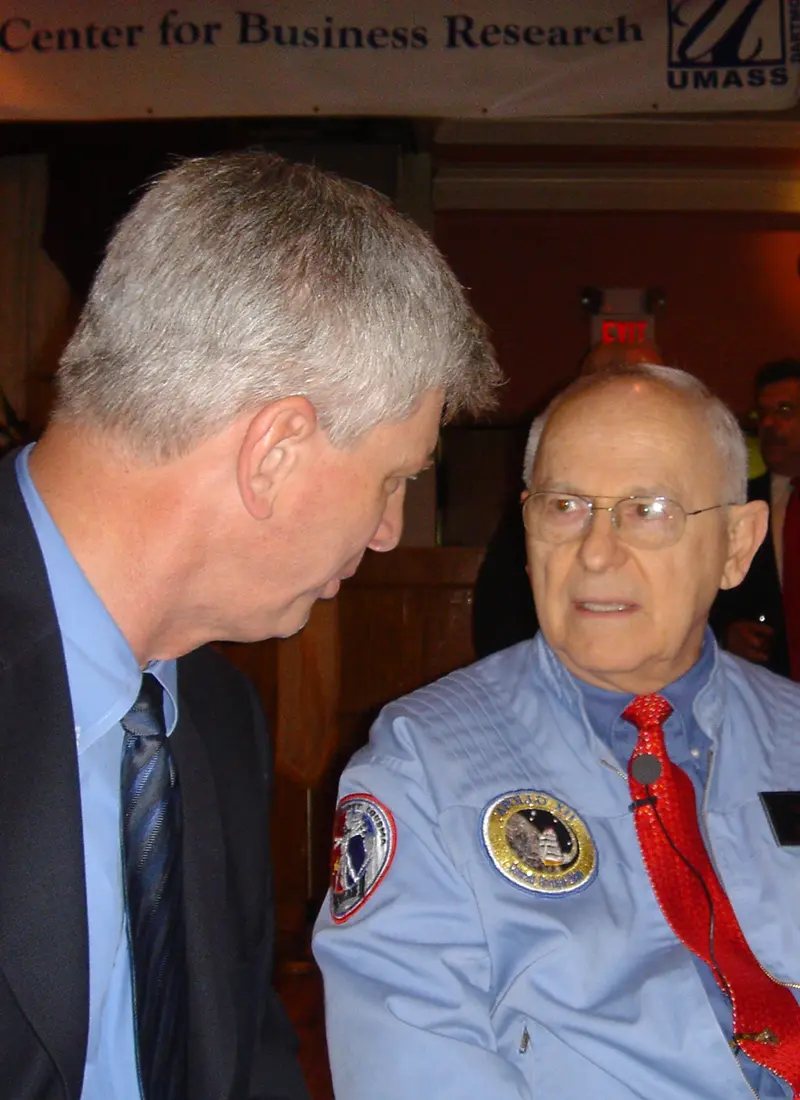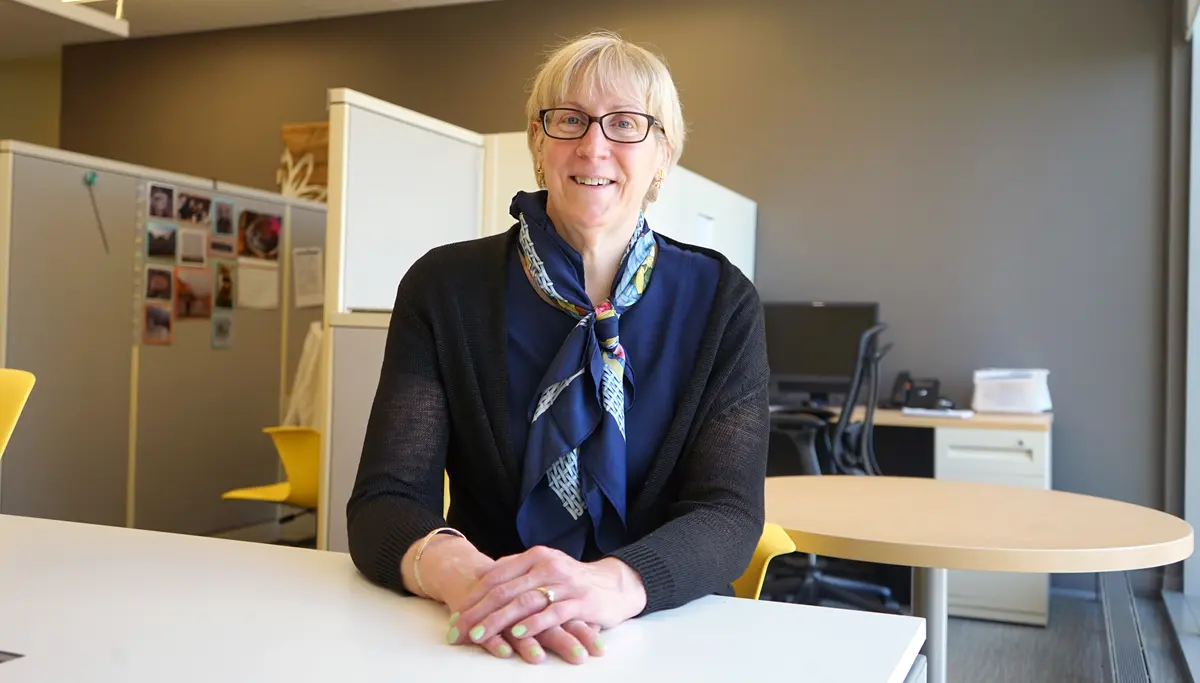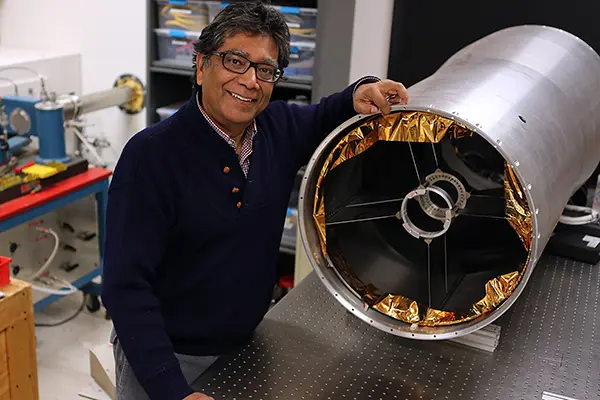
 Supriya Chakrabarti
Supriya Chakrabarti
Professor, Department of Physics and Applied Physics and Director, Lowell Center for Space Science and Technology
I had just turned 16 the month before the moon landing. I grew up in Kolkata (at that time Calcutta), which did not have broadcast TV at that time. We got our news from the newspapers and government-run radio. There was always a fight in our house as to who got to read the paper first. The moon landing was a big deal. There was an emotional response when we read “One small step…” and heard adults all around talking about it. A few days later, I was moving into my college dorm. Someone told me that I could see (a recording of the moon landing) at the U.S. Information Service in central Calcutta. I went there and saw a small black-and-white TV screen pointed outside and a crowd surrounding it. In the video, I saw the grainy, blurry image of a man clumsily coming down a ladder onto the surface of the moon. That was how I saw it: not live, not in the comfort of my home. Nevertheless, I was awestruck. I don’t think I fathomed the enormity of the achievement for a very long time. It is exciting that the current plans to return to the moon with scientific instruments have fallen on private companies. I can imagine a day when UMass Lowell students will be able to point at a location on the moon or Mars and tell their parents, “My instrument is revealing secrets that no one ever knew before.”




 Jack Wilson
Jack Wilson







